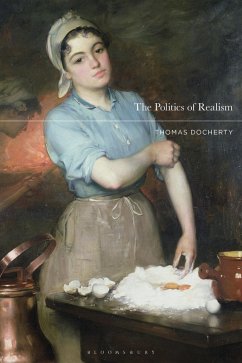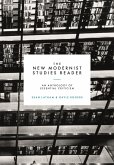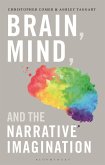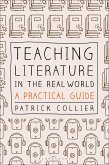Exploring the controversial history of an aesthetic - realism - this book examines the role that realism plays in the negotiation of social, political, and material realities from the mid-19th century to the present day.
Examining a broad range of literary texts from French, English, Italian, German, and Russian writers, this book provides new insights into how realism engages with themes including capital, social decorum, the law and its politicisation, modern science as a determining factor concerning truth, and the politics of identity.
Considering works from Gustave Flaubert, Charles Baudelaire, Émile Zola, Henry James, Charles Dickens, and George Orwell, Docherty proposes a new philosophical conception of the politics of realism in an age where politics feels increasingly erratic and fantastical.
Examining a broad range of literary texts from French, English, Italian, German, and Russian writers, this book provides new insights into how realism engages with themes including capital, social decorum, the law and its politicisation, modern science as a determining factor concerning truth, and the politics of identity.
Considering works from Gustave Flaubert, Charles Baudelaire, Émile Zola, Henry James, Charles Dickens, and George Orwell, Docherty proposes a new philosophical conception of the politics of realism in an age where politics feels increasingly erratic and fantastical.









